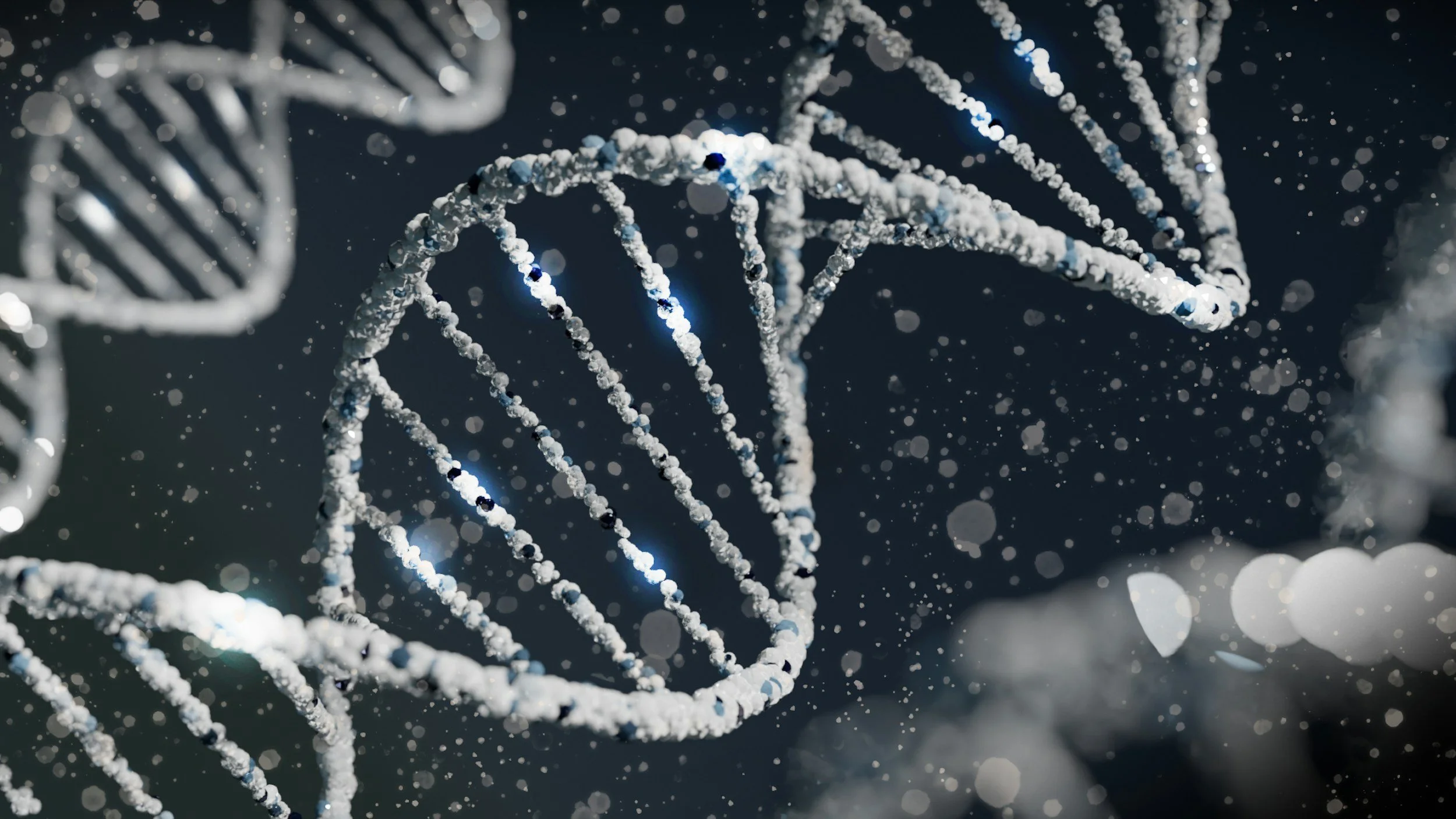
STEM Program
Regenerative Medicine: Cells, Genes, and Biotechnology
Faculty Advisor: Instructional Assistant Professor, University of Florida
Research Program Introduction
Have you ever wondered how scientists might cure blindness, rebuild a heart, or even fight cancer using living cells?
In this program, we’ll explore the exciting world of regenerative medicine—a field that uses cells, genes, and biotechnology to help the body heal itself.
Through interactive lectures and discussions, you’ll learn the basics of cell and gene therapies, real-world breakthroughs, and the ethical questions behind these cutting-edge treatments.
For the individual final project and paper of this program, you will study Sickle cell disease, diabetes, blindness or any disease of your choice (subject to instructor's approval) and you will explore either cell or gene therapy solutions available or under development for that disease.
We will then put your findings into a fun but informative debate with the whole cohort to decide between cell and gene therapy options, i.e. which one is a more viable option for this particular disease.
For example, you may choose to look into chronic inflammatory diseases and how gene therapy can help the patients, or you may choose to look into cell encapsulation techniques for pancreatic islet transplantation in T1D.
Other topics may include (but are not limited to) gene therapy for treatment of retinal blindness, CART cells for curing auto-immune diseases, genetic manipulation for cancer treatment.
Possible Topics for Final Project:
Investigating chronic inflammatory diseases and how gene therapy may help patients
Exploring cell encapsulation techniques for pancreatic islet transplantation in Type 1 Diabetes
Examining gene therapy for the treatment of retinal blindness
Studying CAR-T cells for curing autoimmune diseases
Researching genetic manipulation strategies for cancer treatment
Or other topics in this subject area that you are interested in, and that your professor approves after discussing it with you.
Program Details
Cohort size: 3 to 6 students
Workload: Around 4 to 5 hours per week (including class and homework time)
Target students: 9 to 12th graders interested in Biology, Medicine, Biomedical Engineering, Genetics, Biotechnology, Gene Therapy, or other related areas.
Prerequisites: No prior lab experience is required. Just bring on your curiosity and creativity! Some background biology knowledge (on the basics of the cell structure and genetics) is highly recommended.
Schedule: TBD. Meetings will take place for around one hour per week, with a weekly meeting day and time to be determined a few weeks before the start date.
